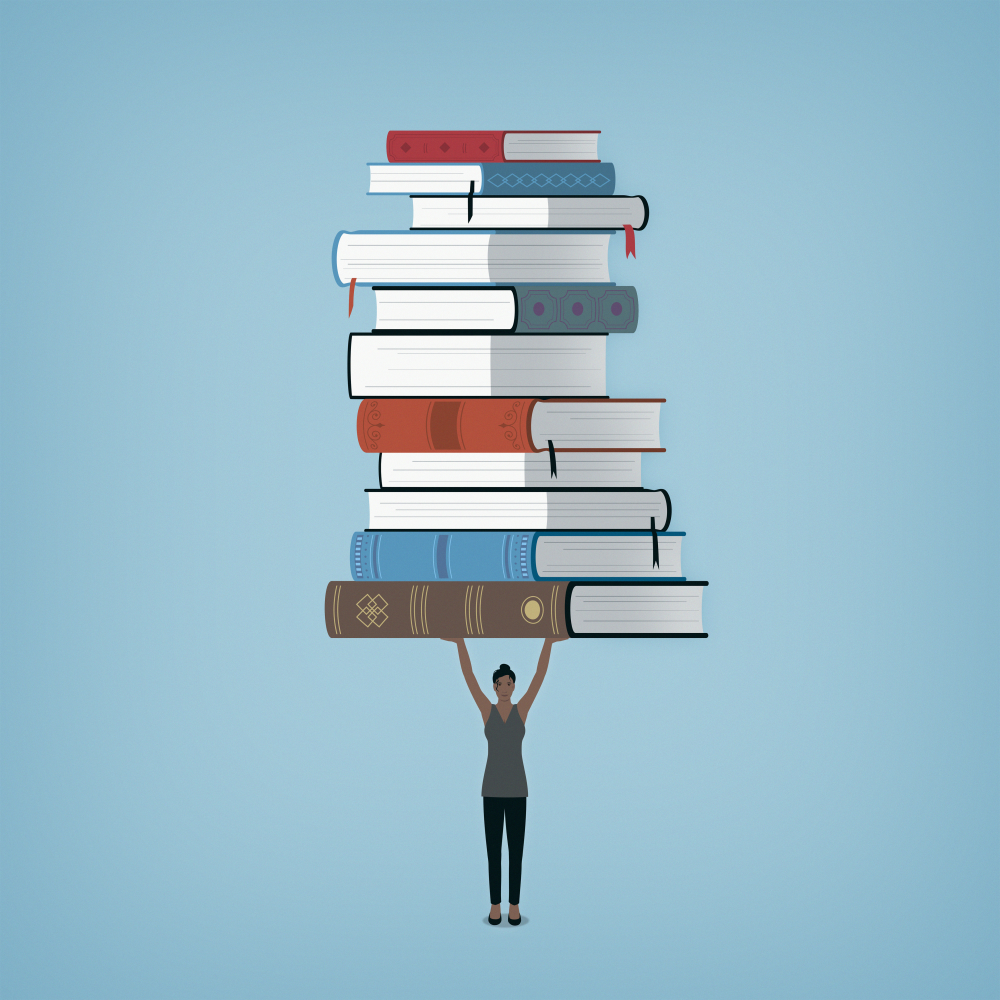A bibliotherapy is a form of therapy that uses books to help people address and resolve psychological issues. It can be used by people of all ages, and it is effective in helping individuals deal with a variety of issues.
In this article, we will explore what bibliotherapy is, who it can help, how it works, and some of the benefits associated with it. We will also discuss some of the limitations of bibliotherapy and provide advice on how to find a qualified bibliotherapist.
Contents
Understanding Bibliotherapy
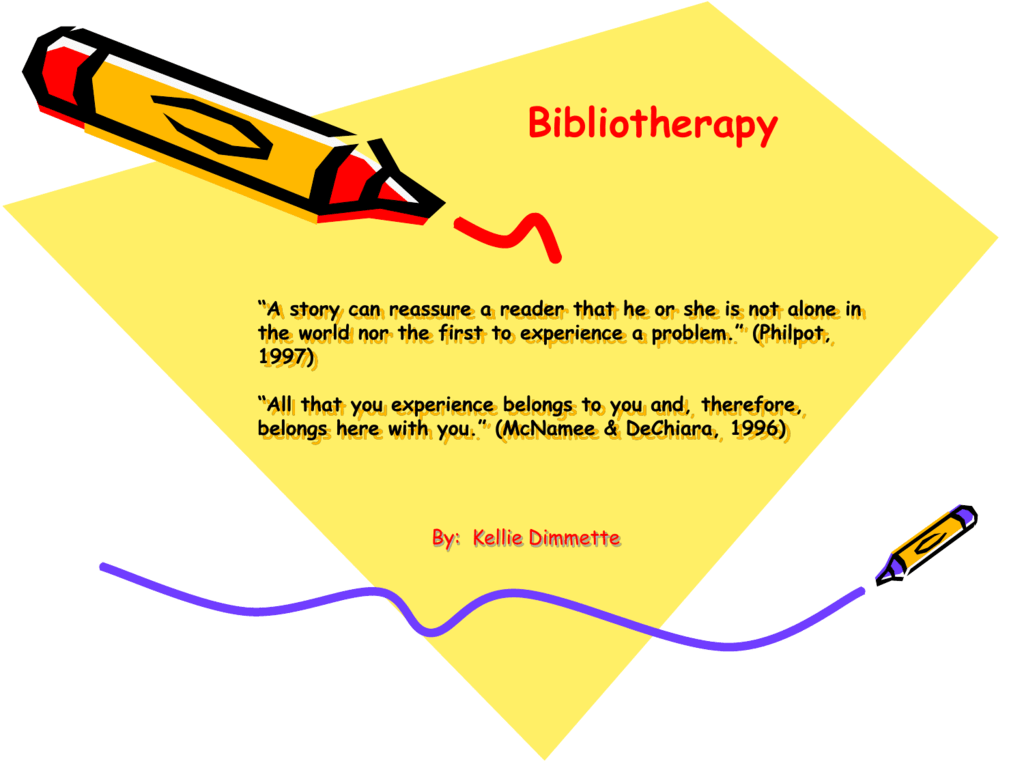
Bibliotherapy, also known as book therapy or reading therapy, is a type of psychotherapy that uses books to help people resolve psychological issues. It can be used by people of all ages and is effective in helping individuals deal with a variety of issues.
Theory Behind Bibliotherapy
The theory behind bibliotherapy is that the act of reading can be therapeutic. As reading can provide a distraction from negative thoughts, help people understand their emotions. In addition, it gives them new perspectives on life. Additionally, books can serve as a form of support, providing comfort and reassurance to readers.
History And Development
Bibliotherapy has been used for centuries.
- The Ancient Greeks used story-telling as a form of therapy, and the Ancient Romans used poetry to help people deal with their emotions.
- However, in the Middle Ages, reading was discouraged as it was believed to be a sin.
- Albeit, in the 18th century, books began to be seen as a way to educate and improve people’s lives.
Unfolding Bibliotherapy
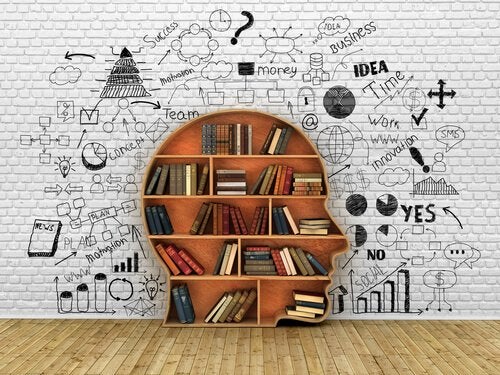
Who Can It Help
Bibliotherapy can be used by people of all ages. It is particularly effective in helping children and adolescents deal with issues such as bullying, divorce, and grief.
Additionally, bibliotherapy can be used to address a wide variety of issues, including anxiety, depression, grief, and stress. Also, it can be used to help people deal with life transitions, such as divorce or retirement.
Who May Not Respond Well
Bibliotherapy may not be suitable for everyone. For instance, some people may not have time or like reading altogether. Again, some psychological issues may be too severe to resole using bibliotherapy. Therefore, it is important to consult with a qualified bibliotherapist to ensure that bibliotherapy is right for you.
How Does It Work
There are a variety of techniques that bibliotherapists use in bibliotherapy. For instance:
- One common technique is to have the individual read a self-help book and then discuss it with the therapist.
- Another technique is to have the individual read a novel that addresses the individual’s specific issue.
- The therapist may also recommend other activities, such as journaling or art therapy.
Evaluating Bibliotherapy

Bibliotherapy is an effective treatment for a variety of psychological issues. However, it is important to consult with a qualified therapist to ensure that bibliotherapy is right for you.
Benefits of Bibliotherapy
There are several benefits of bibliotherapy. However, these benefits include, i.e.:
- is suitable for people of all ages.
- is a relatively inexpensive form of therapy.
- you can do it in the comfort of your own home.
- maybe help you address a wide variety of mental or emotional issues.
Limitations of Bibliotherapy
There are some limitations of bibliotherapy. For instance, these limitations include. i.e it:
- may not be suitable for everyone.
- can take some time to find the right book.
- is important to find a qualified bibliotherapist.
- Not all bibliotherapy techniques are equally effective.
Why Consider It
If you are struggling with an issue, bibliotherapy may be a good option for you. It is a relatively inexpensive form of therapy that is effective in treating a variety of issues. Additionally, bibliotherapy can go in conjunction with other forms of treatment, such as psychotherapy.
Finding a Bibliotherapist
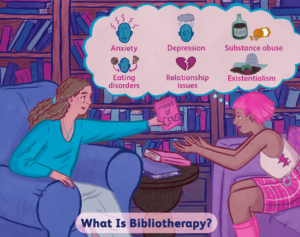
If you have an interest in pursuing bibliotherapy, it is important to find a qualified bibliotherapist.
How To Find One
There are several ways to find a bibliotherapist.
- One way is to ask your doctor or mental health professional for a referral.
- Another way is to search online directories, such as the American Association of Bibliotherapy’s website.
What To Look Out For
When searching for a bibliotherapist, there are a few things to keep in mind.
- First, make sure the bibliotherapist is properly credentialed.
- Second, make sure the bibliotherapist has experience treating the issue you are struggling with.
- Third, make sure the bibliotherapist uses evidence-based techniques.
- Fourth, make sure the bibliotherapist is a good fit for you.
Red Flags To Avoid
When searching for a bibliotherapist, there are a few red flags to watch out for. However, these red flags include i.e. the bibliotherapist:
- Is not qualified.
- Do not use evidence-based techniques.
- Do not have experience treating the issue that you are struggling with.
Pursuing Training In Bibliotherapy
If you have an interest in pursuing training in bibliotherapy, there are a few things to keep in mind. For instance:
- First, make sure that the training program has accreditation.
- Second, make sure that the training program covers the issue that you have an interest in treating.
- Finally, make sure that the training program uses evidence-based techniques.
NOTE: We invite you to list yourself on Therapy Mantra’s bibliotherapist Directory.
Hearing From Experts
“Bibliotherapy can be an effective treatment for a wide variety of issues.”
-Dr. Rachelle Goldstein, Psychologist
“Bibliotherapy is a relatively inexpensive form of therapy that is effective in treating a variety of issues.”
-Dr. Sarah Allen, Psychiatrist
“Bibliotherapy can be used in conjunction with other forms of treatment, such as psychotherapy.”
-Dr. John Doe, Psychologist
Case Study
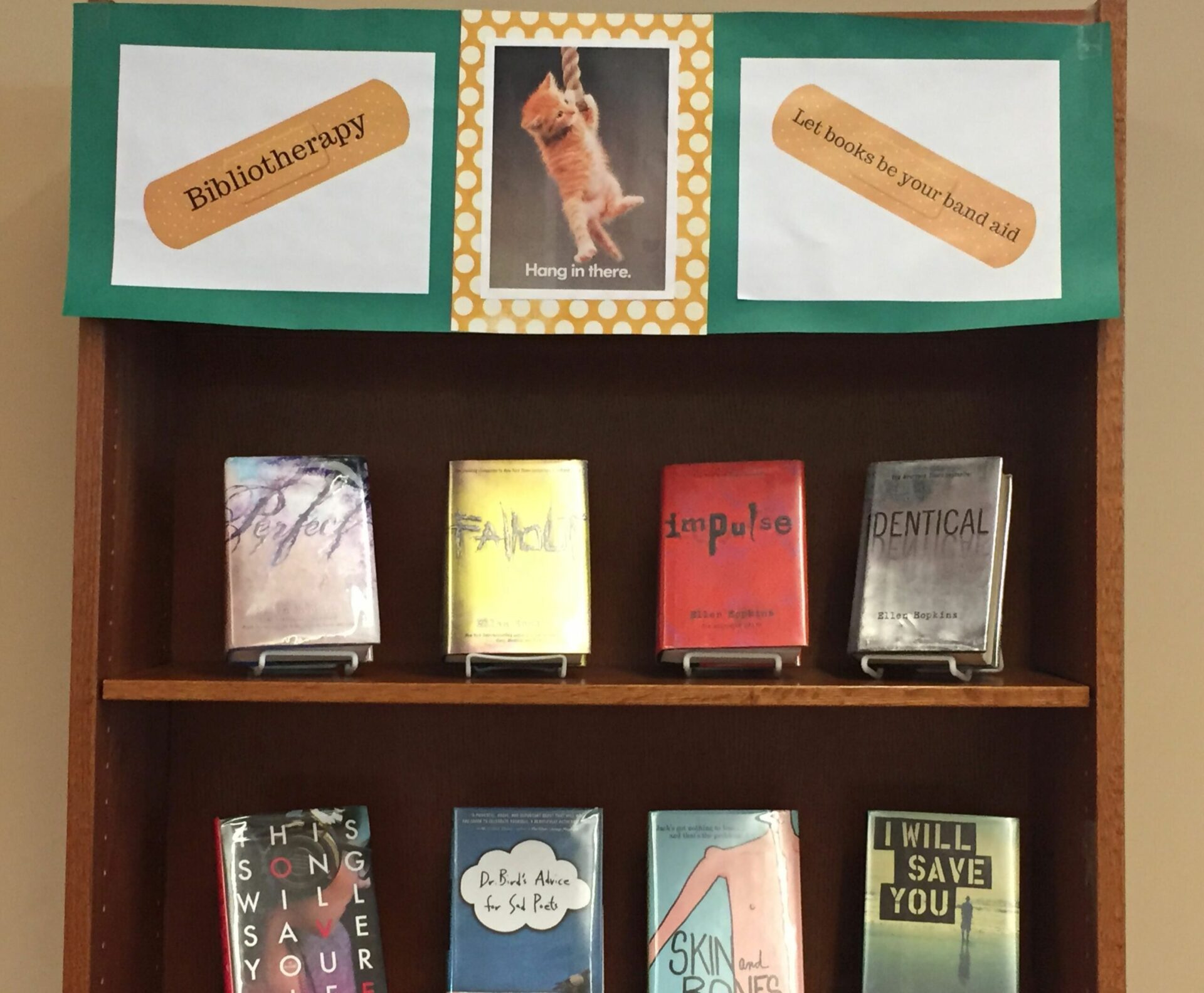
Mary is a 20-year-old college student who is struggling with anxiety. She has been to see a therapist, but she is not making much progress. her therapist decides to refer her to a bibliotherapist. After meeting with the bibliotherapist, Mary reads a book about anxiety and learns some coping mechanisms that help her to feel better.
Resources
If you have an interest in pursuing bibliotherapy, there are a few resources that can help you to get on board.
- The American Association of Bibliotherapy: This website provides a directory of qualified bibliotherapists.
- Bibliotherapy Books: This website provides a list of books that can be on the list for bibliotherapy.
- Bibliotherapy Journal: This website provides a journal that discusses bibliotherapy.
Conclusion
Bibliotherapy is a relatively inexpensive and effective form of therapy that can help treat a variety of issues. If you have an interest in pursuing bibliotherapy, it is important to find a qualified bibliotherapist. Once you find a bibliotherapist, you will likely read a book about your issue and learn some coping mechanisms that can help you to feel better.
A Word From Therapy Mantra
Your mental health — Your psychological, emotional, and social well-being — has an impact on every aspect of your life. Positive mental health essentially allows you to effectively deal with life’s everyday challenges.
At TherapyMantra, we have a team of therapists who provide affordable online therapy to assist you with issues such as depression, anxiety, stress, workplace Issues, addiction, relationship, OCD, LGBTQ, and PTSD. You can book a free therapy or download our free Android or iOS app.
